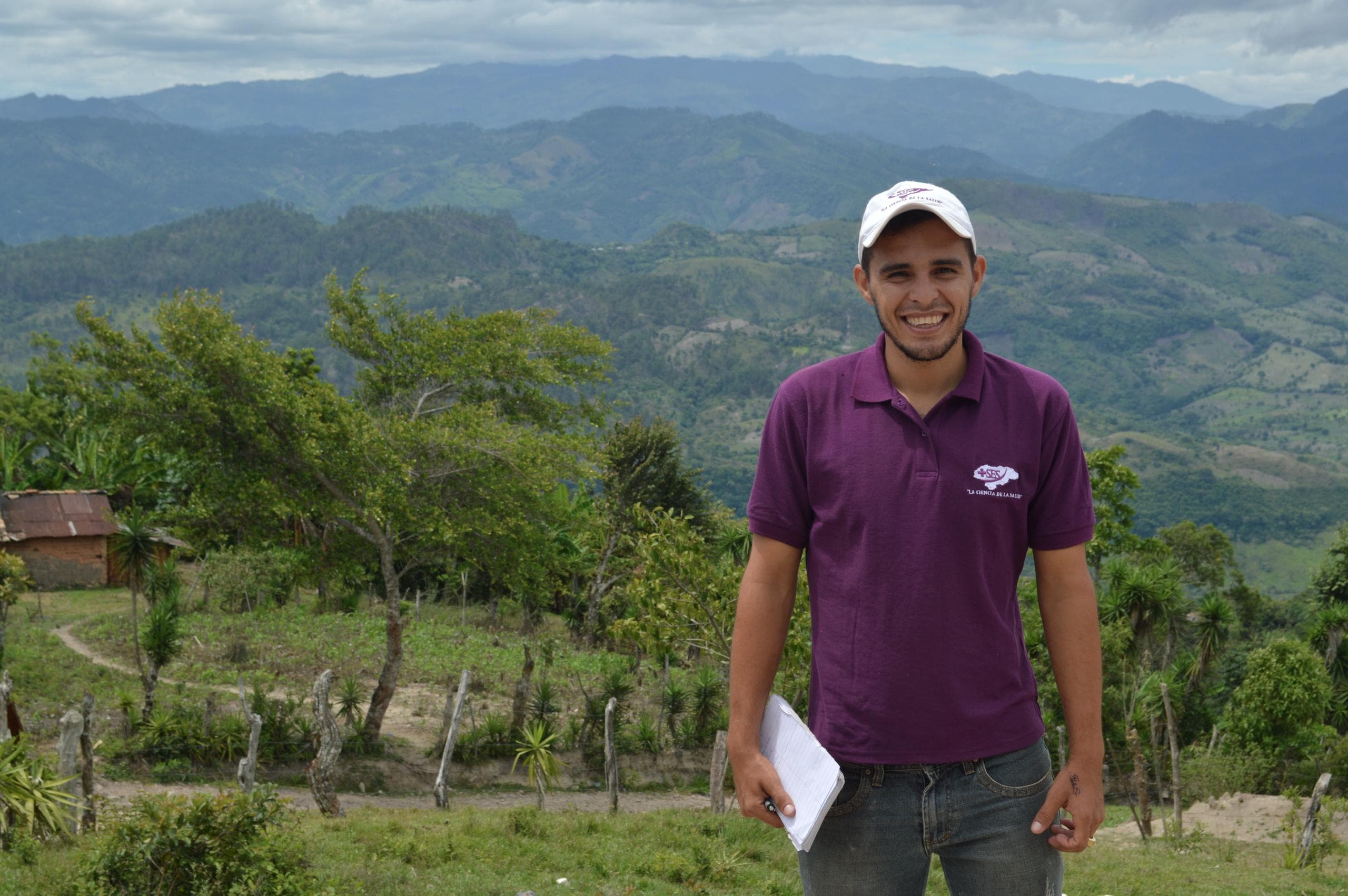Changing Population Behavior by Targeting Structurally Influential Individuals
How can we propel epidemics of positive cultural changes, such as the adoption of better health practices, from scratch? By using an understanding of the mathematics of social networks, it is possible to identify a small subset of people, in any population, whose structural position within the network makes them very influential. We can tap into this hidden group of influencers to drive the population towards desirable outcomes and improve human welfare.
Communities of people – whether in developing world villages, in schools, or in workplaces – often have suboptimal norms, particularly in relation to health practices. But, using large-scale experiments, we have shown that it is possible to use network targeting algorithms to produce cascades of adoption of new health behaviors within rural villages in Honduras. By targeting just 5% of the residents of each village, who are chosen based on their position in the networks of connections within these villages, we substantially enhanced adoption of a desirable practice (e.g., the use of vitamins). (See our 2015 Lancet article.)
Since that first field trial, we have mounted an enormous randomized controlled trial of network targeting among 30,000 people in 176 villages in Copan, Honduras. We have also completed another randomized controlled trial involving 5,000 people in 60 buildings in Mumbai, India. In both cases, we have shown, using these experiments, that we can accelerate cultural change – for instance reducing inappropriate post-natal care or enhancing adoption of iron-fortified salt to counteract anemia. That is, we can change the behaviors of whole populations for the better.
We need support to expand this work and to explore the durability of such population-level changes in behavior and also to explore other mathematical rules that might make the process of network targeting even more efficient. Our goal is to provide a toolbox for interventionists to help them get the most out of their limited resources for improving public health and wellbeing in challenging settings.
